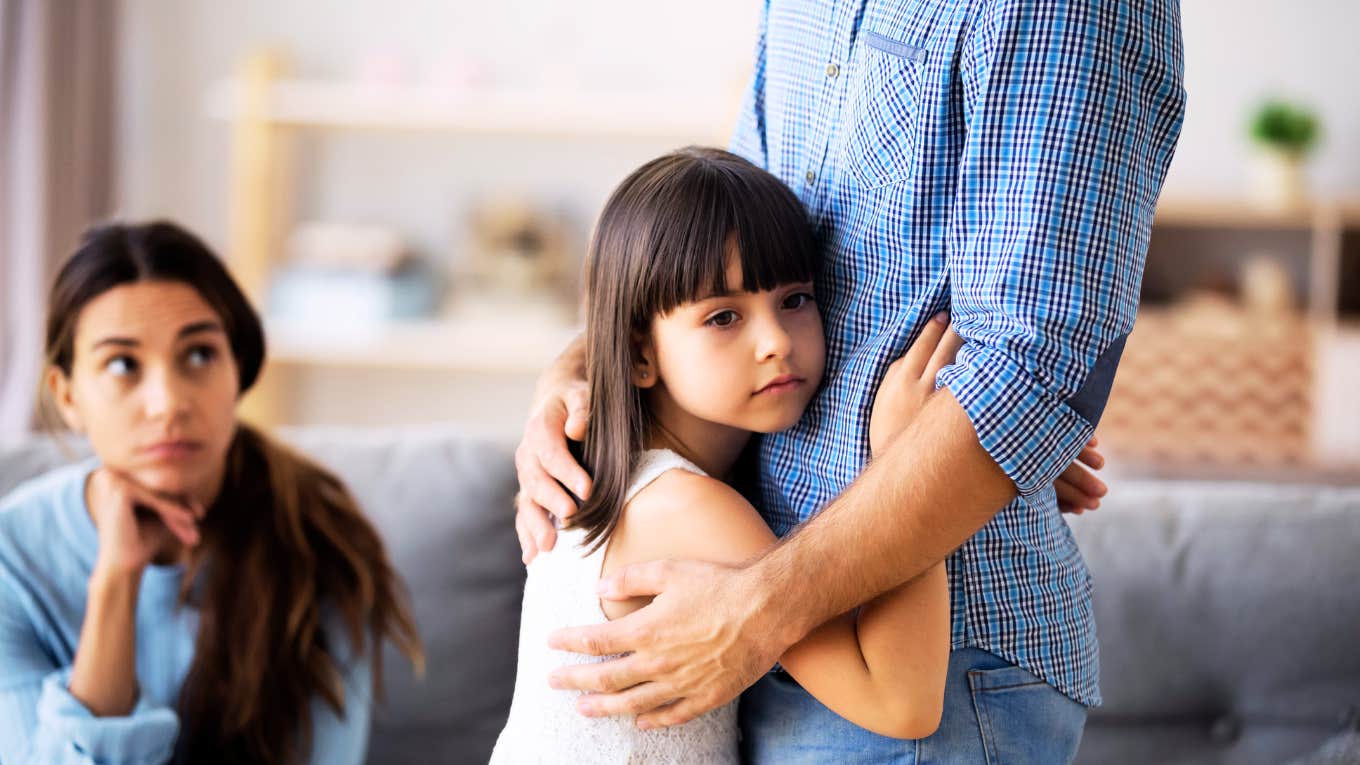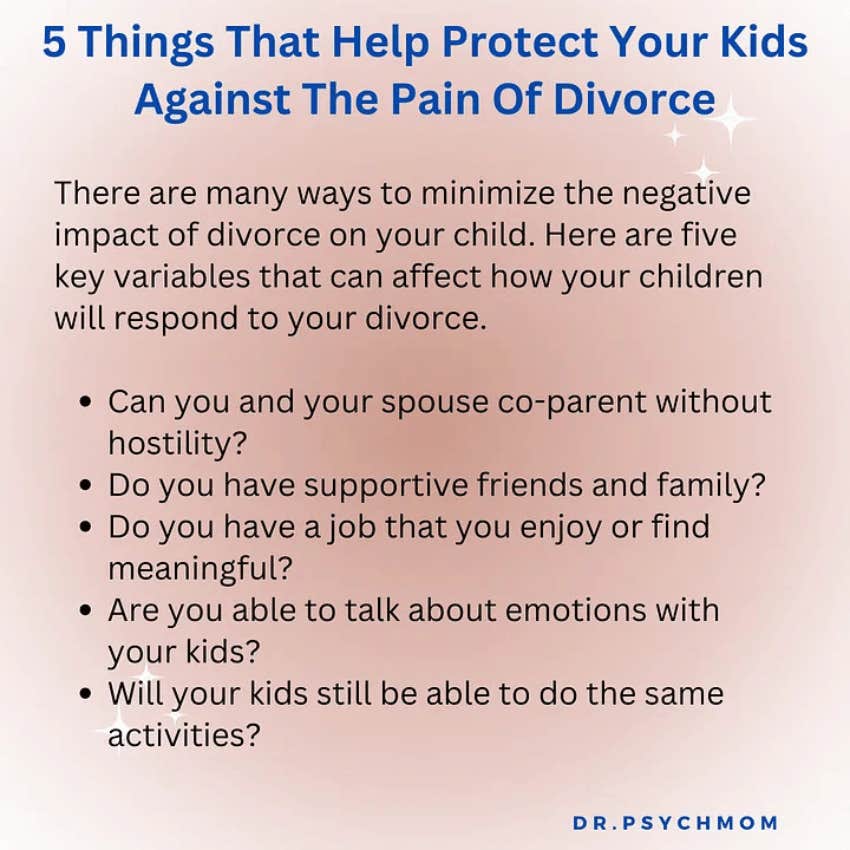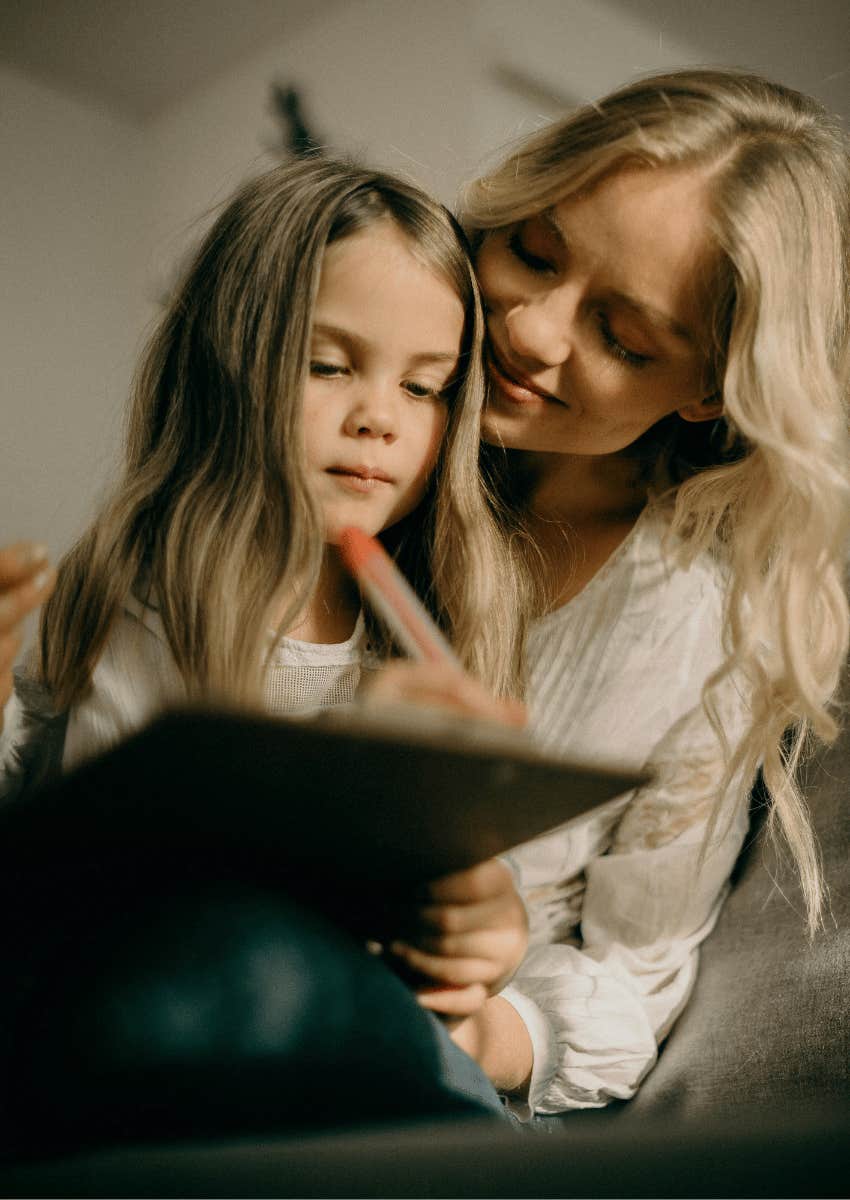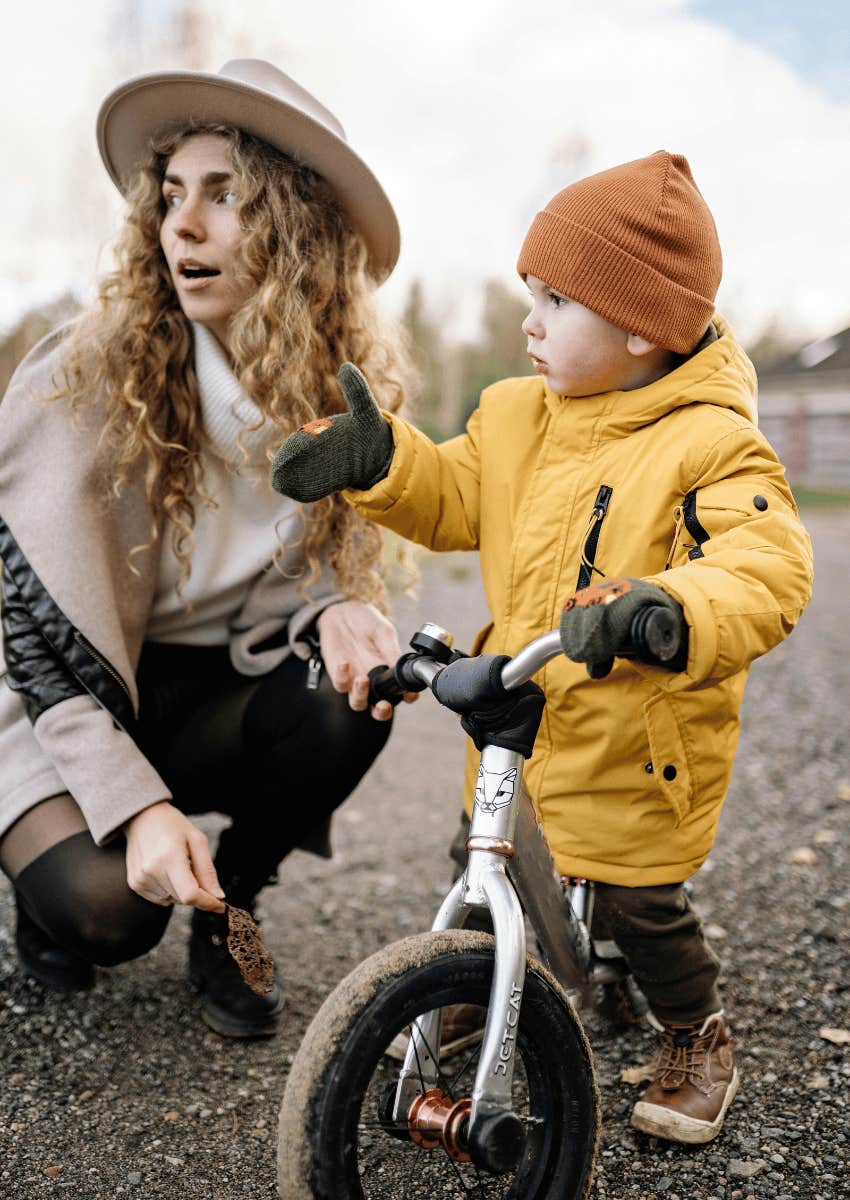5 Things That Help Protect Your Kids Against The Pain Of Divorce
How to make divorce hurt a little less.
 fizkes | Canva
fizkes | Canva As someone with both personal and professional experience with divorce, I often get the question, “Will divorce hurt my kids?” There is no simple answer to this, but there are many ways to minimize the negative impact of divorce on your child (such as how you communicate with them about the divorce, which is the subject of my book, How To Talk To Your Kids About Your Divorce).
Here are five key variables that, in my experience, affect how your children will respond to your divorce:
If you are deciding whether to divorce, think deeply about how many of these variables apply (or will apply) to you and your partner.
 Dr. Psych Mom
Dr. Psych Mom
1. Can you and your spouse co-parent without hostility?
This can be difficult to predict, but the majority of people can, with deep introspection, have at least a good sense of whether they will be able to co-parent well with their partner after a divorce. Here are some predictors:
- Did one or both partners feel massively betrayed? If there was egregious cheating (e.g., a long-term affair with the partner’s friend), there is a much higher likelihood of continued hostility post-divorce. In a situation where there is a lot of animosity and high conflict, I recommend that you and your partner go to couples counseling to work on how to manage these emotions and find closure before starting the divorce process. Separated people can and do go to couples counseling to de-escalate some of their hostility and make it likelier that the kids don’t suffer when they divorce.
- Are you and your partner able to work as a team in any other areas? This would, of course, predict a higher likelihood of being able to co-parent effectively.
- Do you both share a value of prioritizing the children? This is the most important variable, because people are able to do extremely challenging things if they have their children’s best interests in the forefront of their minds.
2. Do you have supportive friends and family?
People often lean on their family of origin during divorce. If you do not have this luxury (and even if you do), therapy can provide you with support. If you have any friends who have gone through divorce, they may be an excellent resource for support and advice (people who have divorced are usually very willing to share their story and to give emotional and even instrumental help). If you feel supported during your divorce, you will be a much more stable and attentive parent to your kids through this difficult time.
3. Do you have a job that you enjoy or find meaningful?
 RDNE Stock project | Pexels
RDNE Stock project | Pexels
Stay at home moms often feel completely bereft if they feel their children are “taken” from them due to a custody arrangement. My practical advice to you if you are a stay at home mom that feels that divorce is a few years down the road is to figure out right now how and in what field you will go back to work.
If you are a stay-at-home mom and divorce is a few weeks or months down the horizon, introspect about how you can return to work, whether paid or volunteer. You will need something to focus on that is not entirely divorce-related. Work generally makes people feel useful and financially secure, which will impact your self-esteem and, by extension, your parenting in a positive way.
4. Are you able to talk about emotions with your kids?
 cottonbro studio | Pexels
cottonbro studio | Pexels
If you were raised in a very emotionally avoidant home (like this), now’s the time to go to therapy and figure out how to talk about feelings in an open way with your kids. My book is also great at teaching you how and why to do this. You will need to be an emotional “container” for your kids’ sadness, anger, and shock. If you are bad at expressing emotions even openly within your own head, therapy can teach you how, and then you can be more helpful and supportive to your kids.
5. Will your kids still be able to do the same activities?
 Yan Krukau | Pexels
Yan Krukau | Pexels
If your children are able to remain in the same socioeconomic class, which is much more likely in this generation than prior ones, this is very important for them. The more you and your partner can commit to getting your kids to attend the same summer camps, lessons, and so forth, the more stable their lives will remain, and the more they will be buffered and supported throughout the emotional challenges of the divorce. If they can remain in their current home, which can be achieved through birdnesting for at least the initial stages of the separation, this will also help provide them with stability.
If you and your partner can achieve these five goals, your children will have a much greater buffer against the negative impact of divorce. But keep in mind that if you are currently in a high conflict situation and this would be ameliorated by separation, then the decrease in conflict is best for your children. If your mental health or that of your partner is suffering because of your relationship, then it is also generally best to get out.
Also, remember that these five variables may not all be present at the moment that you separate, but you can use them as guideposts for what to aspire to post-divorce. For example, you may not have supportive family and friends right now, but plenty of separated and divorced people make a whole new set of supportive friends once they are on their own. You may not feel comfortable talking to your kids about their feelings right now, but therapy can significantly help with that.
You only have one life. If you feel you need to get out of your marriage, and that is the only way you can be whole and healthy, then do it, but keep your children’s needs paramount in your mind. Often, divorcing with children is like putting on your own oxygen mask before you turn to your kids. You can take care of them best if you take care of yourself.
Dr. Samantha Rodman Whiten, aka Dr. Psych Mom, is a clinical psychologist in private practice and the founder of DrPsychMom. She works with adults and couples in her group practice, Best Life Behavioral Health.

